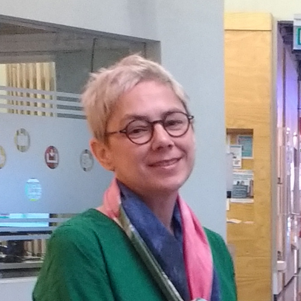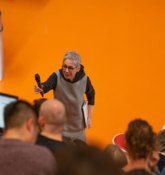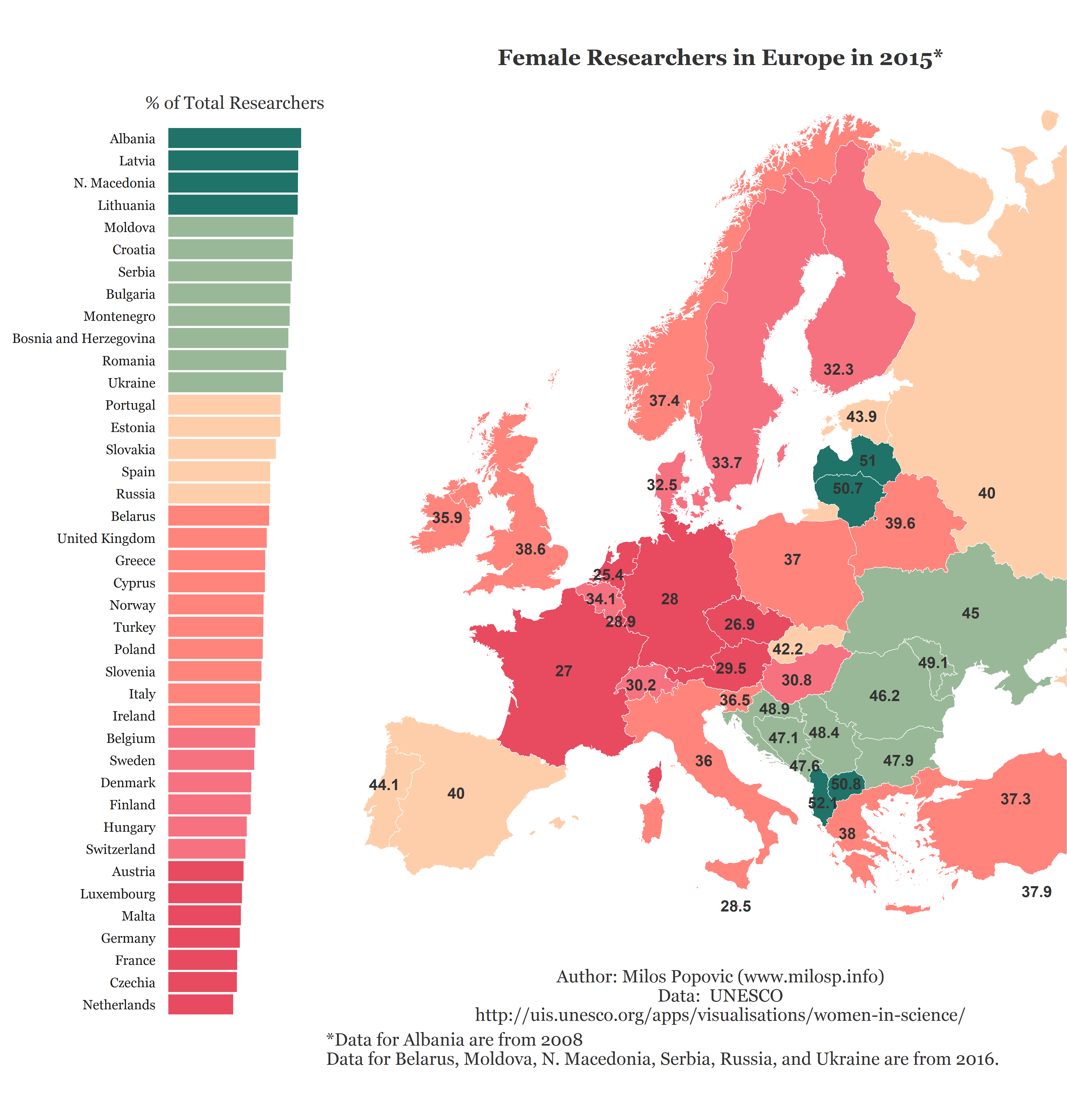Interview: Henriette Bier talks about inclusive leadership and diversity

Dr. Henriette Bier
DEWIS is interviewing academics at TU Delft to talk about diversity at work, women and academic leadership and inclusive, safe working environments.
Today’s interview is with Henriette Bier, associate professor of Robotic Building (RB) in the chair Architectural Engineering at the faculty of Architecture and the Built Environment (ABE).
After graduating in Architecture from the University of Karlsruhe in Germany, Henriette worked in Los Angeles at Morphosis Architects, an internationally well-known firm. ‘I decided after three years practice, I wanted to go back to academia to develop my own research. The main reason was that I wanted to work on future solutions for addressing societal problems. Thus, I started my PhD research in Delft and shortly after my defence I became an assistant professor.’ Meanwhile, Henriette is associate professor and internationally recognised as expert in her field. 2014 she established the Robotic Building research group consisting of 4-6 researchers with a MSc 2-4 specialization at its core providing a coherent education in robotics, customized for Architecture and Building Technology students.
‘I enjoyed my time as PhD researcher very much. It was a time where I could dedicate most of my time on research. At the moment research time is more limited because of teaching, valorisation and organizational responsibilities. The beauty of being associate professor is that I have my own group, the RB group, and together we achieve more than I could do alone.’ Results of their work has been presented amongst others at the TEDx session on Future, at the exhibition Imprimer le Monde in Centre Pompidou, and in the Springer book series Adaptive Environments, for which Henriette acts as editor-in-chief.

‘Although internationally my visibility is high and I am asked as external expert to review European projects or advise on framing new professor positions, etc. within my department it is rather low. There is no description of my research, my team, or our RB lab and students find it difficult to identify the courses I am teaching. In general, the visibility of associate, assistant professors and PhD students on the website of my department is low. My proposal is to increase visibility of all involved researchers and tutors and even more so for women, who have in Netherlands the lowest representation in Europe. Role models are extremely important for students and young researchers. Also, I would expect 50% female academics in our faculty because this is the case at student level. However, not only that there are no 50% female academics in our faculty but also the higher the position, the less women. We need to work on closing this gap’.
‘When attempting to close the gap biases play a role. Women tend to have a different way of presenting themselves and communicating. Playfulness may sometimes not be perceived as professional although playfulness is meaningful particularly when is structured and goal-oriented and is necessary for creativee processes.’
‘In addition, the time lost due to maternity leave needs to be taken into account as well as temporary lack of mobility abroad. All these issues have to be thought off.’
‘All in all, I think that all minorities need more support in their career paths. I, for instance, try to encourage female students, to take charge and support them in learning to use the robotic arm in our lab, publish as co-authors with me, etc. At the time I was doing my PhD, I was fortunate to find my role model at MIT and ended up with all my external reviewers at the defence being representatives of minorities. She inspired and still inspires me as an inclusive leader, a mother and a successful researcher.
‘It is also important to cultivate a work culture where people can contribute bottom-up to a team, a chair or even to department or faculty policy. In my group, everybody is invited to contribute to the direction in which we are going, while myself as a leader, I steer. The academic environment is about bottom-up exchange and collaboration not top down enforcement. I see it as a melting pot where creation of new ideas is possible.’
‘I do believe that each of us can contribute to diversity. Positive discrimination is not needed when equal chances are given to everyone and inclusive leaders appreciate individuality.’
